An exhibition of new Art Commissions by BRAID funded project CREA-TEC: Cultivating Responsible Engagement with AI Technology to Empower Creatives presenting three UK-based artists aimed at exploring how Artificial Intelligence (AI) technologies impact perceptions and values of authenticity, and premiered for the 2025 Edinburgh Art Festival and Edinburgh Festival Fringe.

AI-generated content is reshaping how we perceive truth and authenticity. From viral deep fakes to AI-altered political videos designed to manipulate public opinion, digital authenticity is increasingly uncertain. AI tools can even rewrite personal history, generating images of moments that never existed or altering past memories. The artworks presented in Authenticity Unmasked exhibition will challenge our understanding of authenticity, engaging audiences in questions such as: when does authenticity in digital content matter to us? What influences our perception of what is real or fabricated? What shapes our trust in human-made creations?
This Commission programme is led by CREA-TEC (“Cultivating Responsible Engagement with AI Technology to Empower Creatives”), a research project at the University of Edinburgh conducted in collaboration with Adobe and the Content Authenticity Initiative (CAI), co-founded by Adobe in 2019 to enhance transparency and access to the provenance history of digital media.
Exhibition Details
Artists: Georgia Gardner, Kinnari Saraiya, dmstfctn
Dates: Mon-Sun, 7 – 17 Aug, 2025
Time: 10:00 – 17:00 | Free/Drop-In
Location: G.07 at University of Edinburgh Informatics Forum
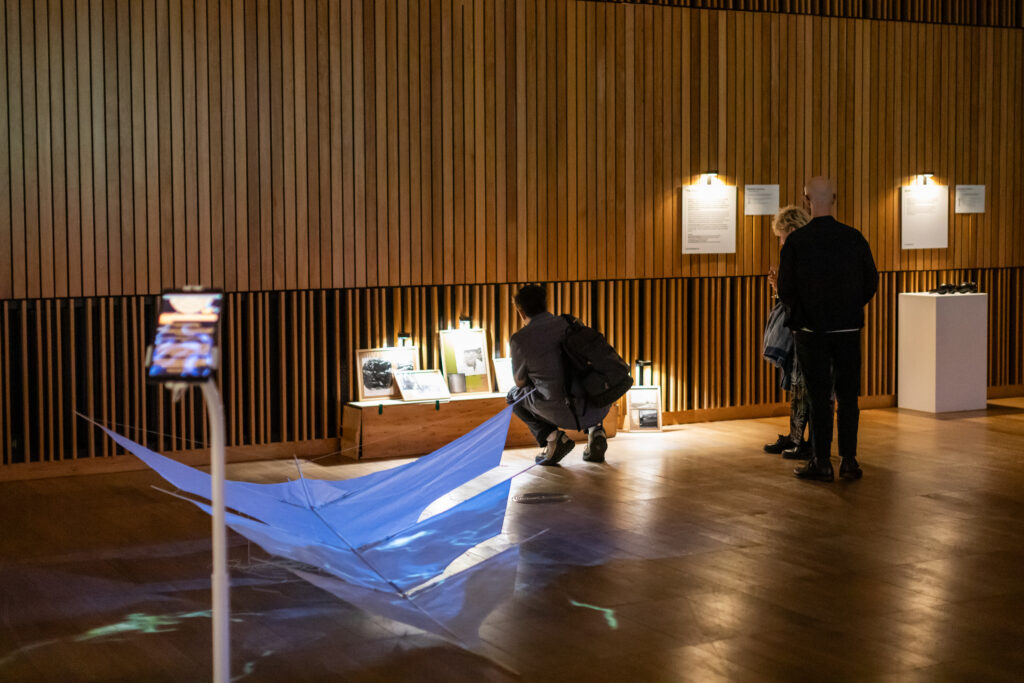
Authenticity Unmasked
Exploring how Artificial Intelligence (AI) technologies impact perceptions and values of authenticity
Featured artists
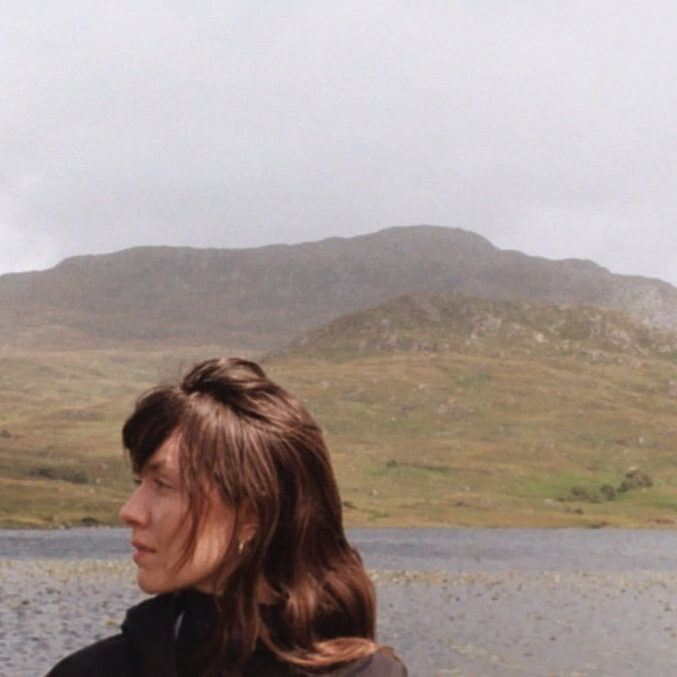
Georgia Gardner
Georgia Gardner is an interdisciplinary artist and researcher from Scotland, working with research-driven performance, video, sound, and writing. Georgia’s practice explores embodiment, (dis)obedience, and intersecting forms of reproduction that create a social template for success. This template instigates a rhythm of other-oriented striving and quiets self-conceptions of worthiness. Queering this template that often correlates otherness with failure, Georgia’s practice spends time with our everyday, embodied, and empathetic rebellions.
“I am interested in researching how the central concepts of my practice interact with the developing technological ecology in the arts. Particularly, I am thinking about technomorality and how my artistic values—empathy, embodiment, and introspection—conflict with artificial production.”
https://georgiagardner.com/
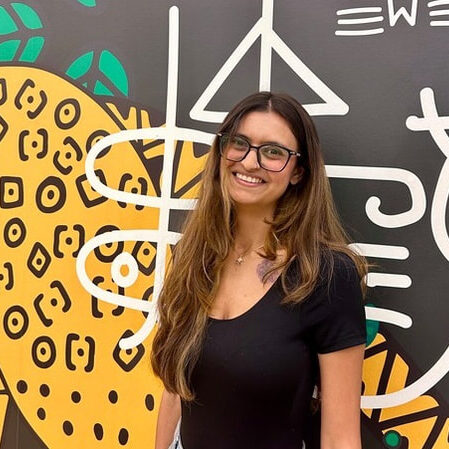
Kinnari Saraiya
Kinnari Saraiya (b. Bombay, based in London) is an artist, curator, writer and thinker of the colonial present. She works within the gaps in knowledge, the inaccuracies of interpretations, the mistranslations of a text, where myth weaves around a historical narrative forcing the collision of pre-humanist thought and posthumanist desire. Through the recovery and binding of ancient and new tools, resources, and technologies, her work constructs a portal, a time capsule that helps define, find, create, escape, and imagine a fluid future.
“I’m really excited to be part of this commission, experimenting with artificial intelligence, algorithms, and archives to build speculative stories and challenge how we remember, interpret, and imagine new futures.”
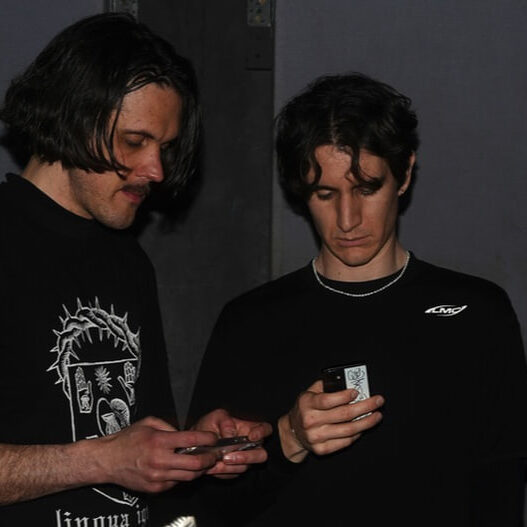
dmstfctn
dmstfctn, (f.k.a Demystification Committee), is a London-based duo formed by Oliver Smith and Francesco Tacchini, working with installation, performance, films, and video games. Their work has focused on opaque systems of technology and power, most recently looking at anomalies in artificial intelligence. dmstfctn often directly involve audiences in their work, inviting them into the ‘demystification’ of systems by replicating and replaying them together, and into their ‘remystification’ by building worlds, characters and myths atop them. They have performed and exhibited internationally in venues such as Berghain, Serpentine, HKW and Onassis, and at festivals such as Unsound, CTM and transmediale.
“We’ve been searching for the deceptive characters role-played by AI systems for the last few years. We look forward to think back and think further on this with a new research community.”
Gallery
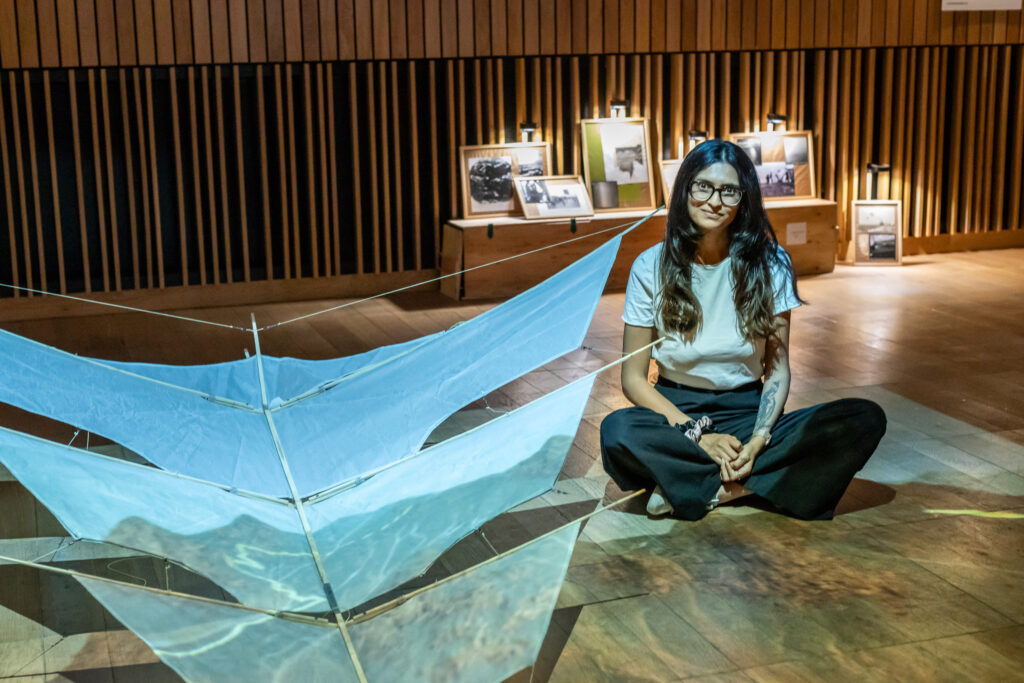
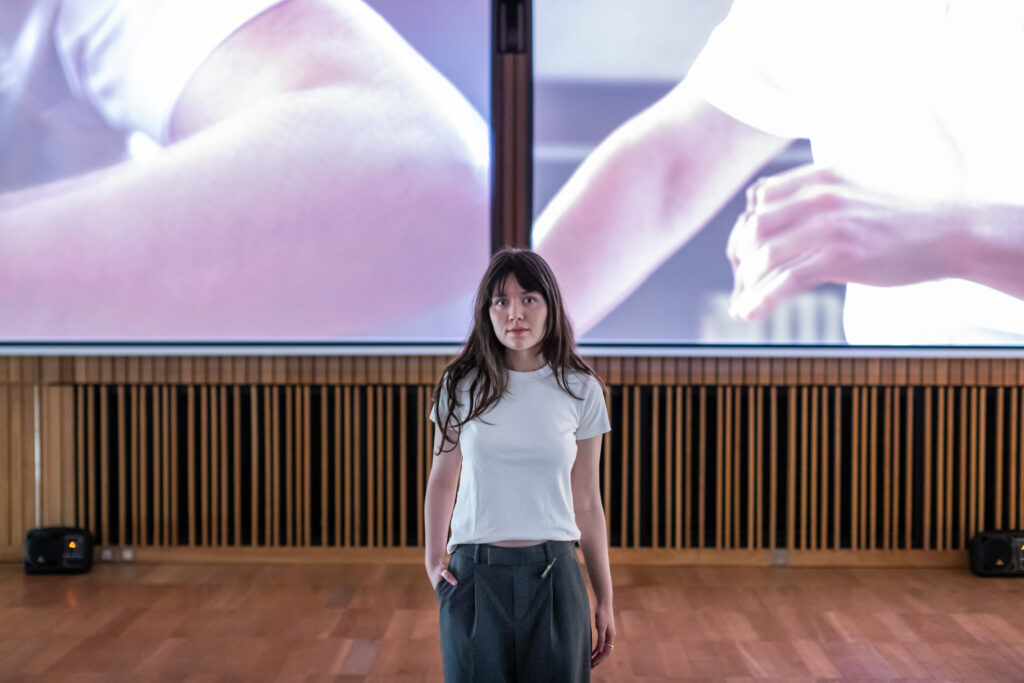
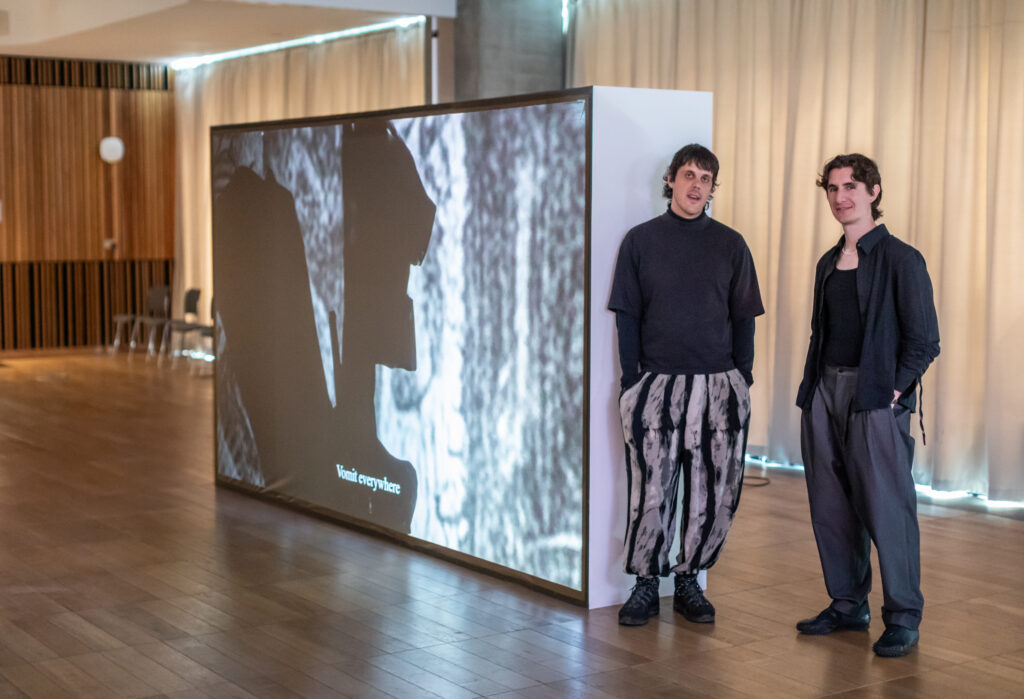
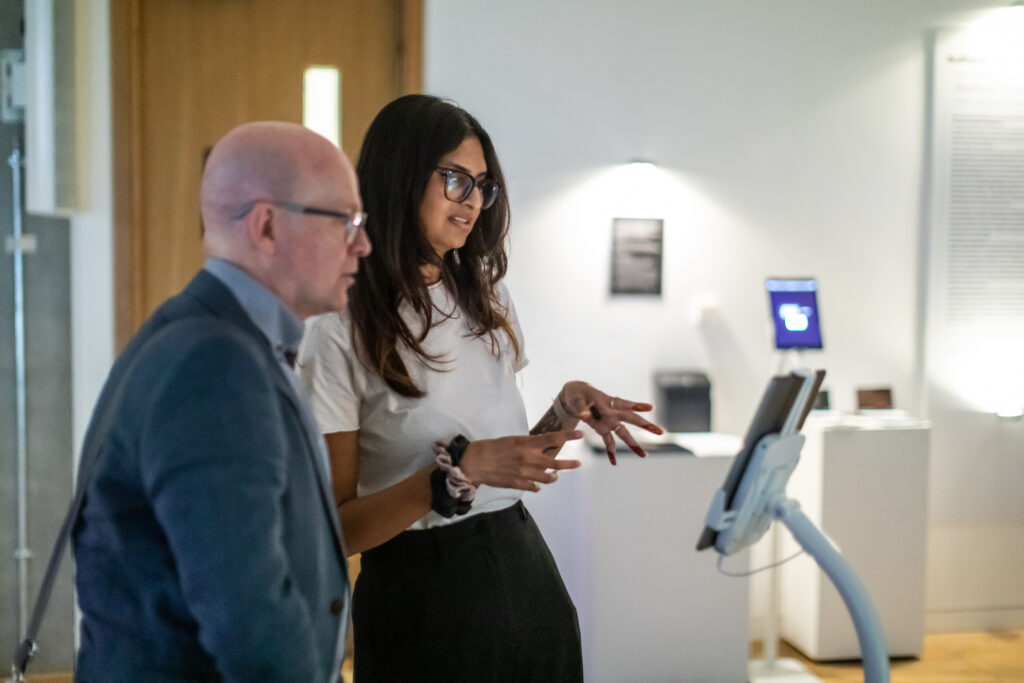
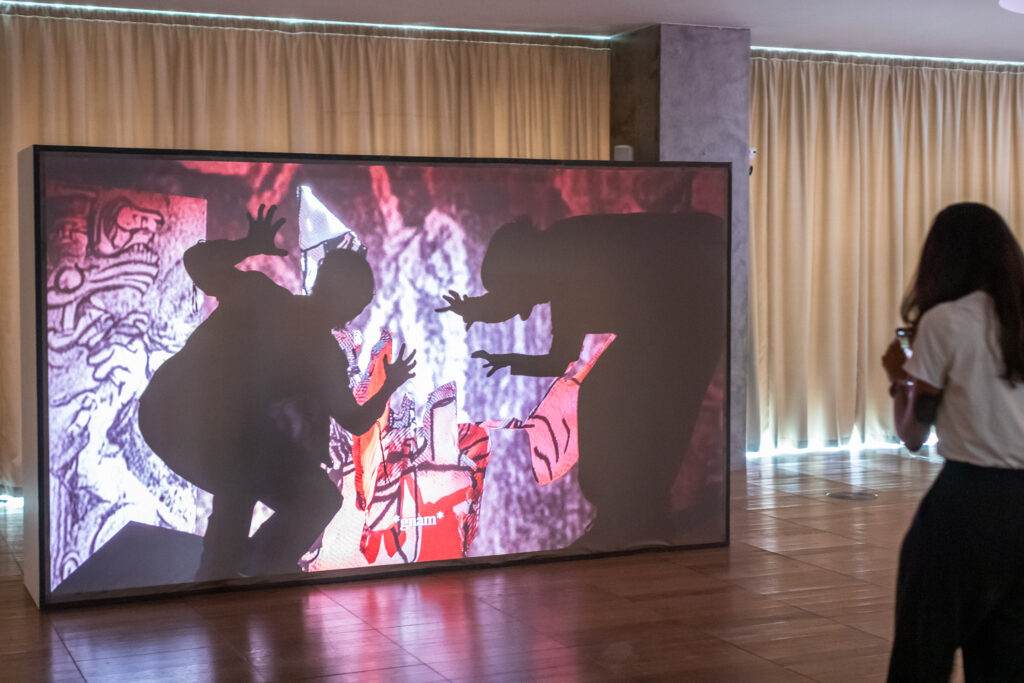
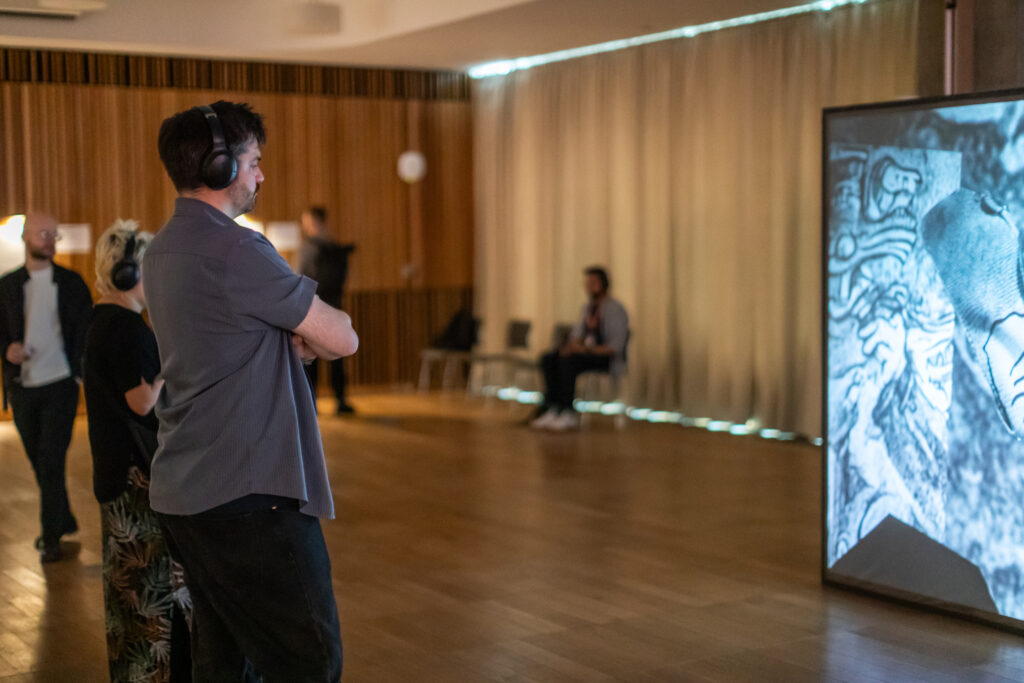
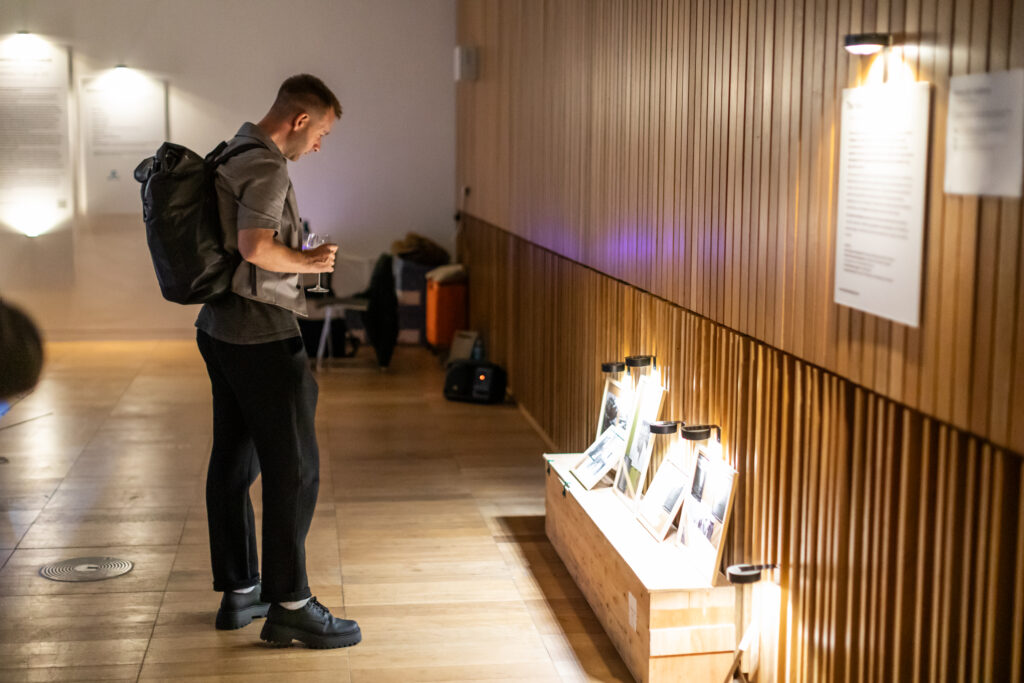

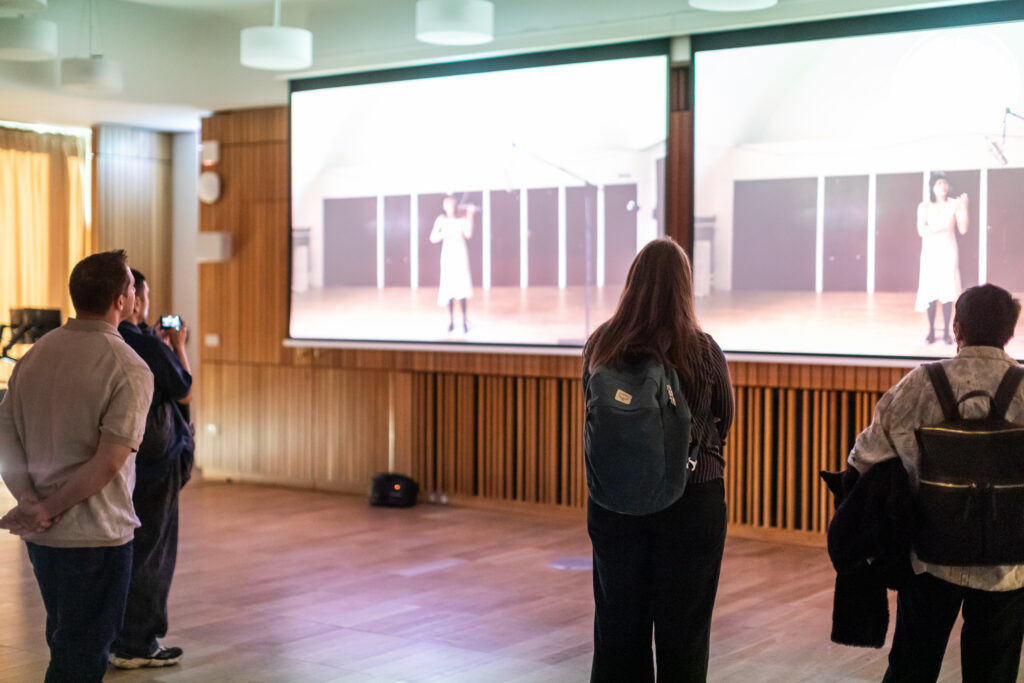
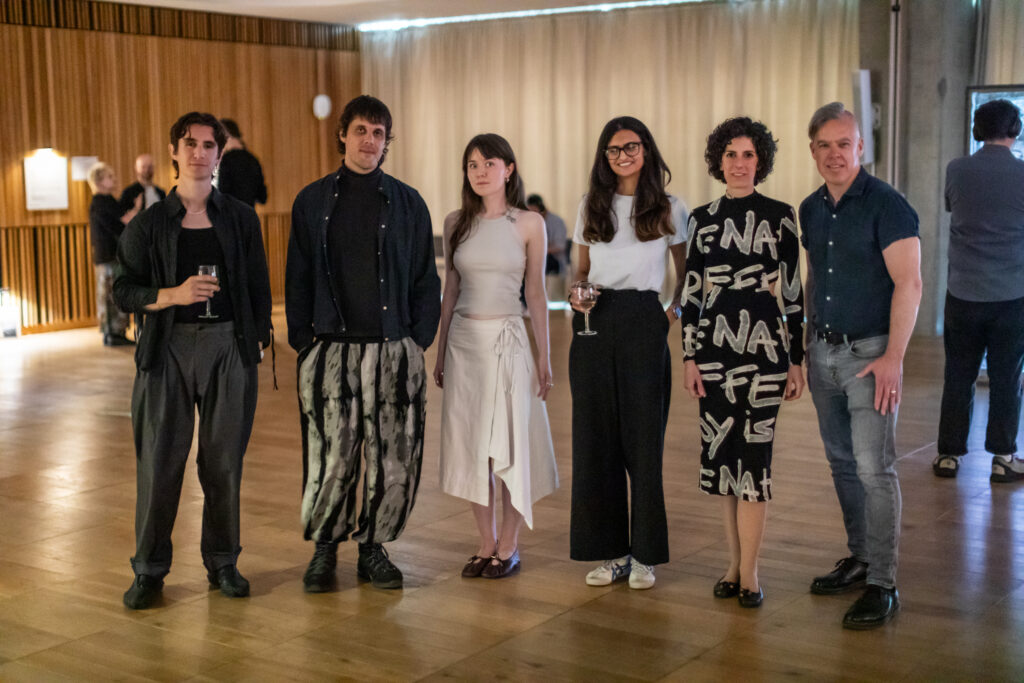
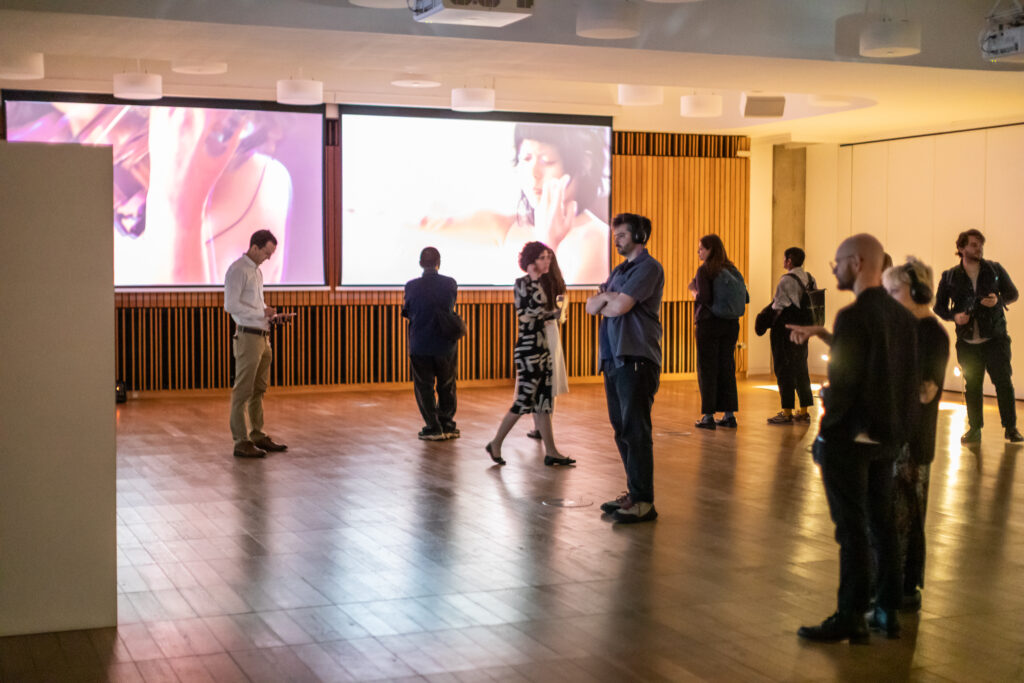
About CREA-TEC
CREA-TEC (“Cultivating Responsible Engagement with AI Technology to Empower Creatives”), a research project at the University of Edinburgh conducted in collaboration with Adobe and the Content Authenticity Initiative (CAI), co-founded by Adobe in 2019 to enhance transparency and access to the provenance history of digital media. CREA-TEC is supported by the Bridging Responsible AI Divides (BRAID) programme with funds received from the Arts and Humanities Research Council.
About BRAID
BRAID (Bridging Responsible AI Divides) is a 6-year national research programme funded by the UKRI Arts and Humanities Research Council, led by The University of Edinburgh in partnership with the Ada Lovelace Institute and the BBC. It is co-directed by Shannon Vallor and Ewa Luger, working alongside a team of co-investigators representing the breadth of the Arts and Humanities.
About Institute for Design Informatics
In the Institute for Design Informatics, we fuse design and creative methodologies with data, data science and data-driven technologies. We create prototypes and experiences that make real to people the ideas that underpin the data society, and aim to ensure that new technologies sustain and enhance human values.

